Contents
INTRODUCTION
What is Organic Matter in Potting Mix?
Organic matter is a combination of ingredients added to potting mixes to enhance the potting mix and make the potting mix more fertile. Without any organic matter in the potting mix or potting soil, it is just a plain filling because these organic components create microbial activity under the pots like underneath soil.
These beneficial organisms create a root architecture that is highly resistant to pathogens and herbivores. Organic matter creates a structure in the potting mix that holds moisture, absorbs nutrients and gives more space to roots than can spread easily.
The pots have limited space for root growth compared to ground gardening, but we adopt container gardening because of space constraints, mobility, ease of care and budget-friendly. In those limited spaces, you must make the best potting mix for plant growth and healthy production of flowers and edibles.
In this blog, you gonna learn about different kinds of organic matter that can be added to the potting mix, how to incorporate them with ratios and the benefits of organic matter. Buckle up and explore Organic matter to improve your Garden to the next level.
WHAT IS ORGANIC MATTER AND WHY IS IT IMPORTANT?
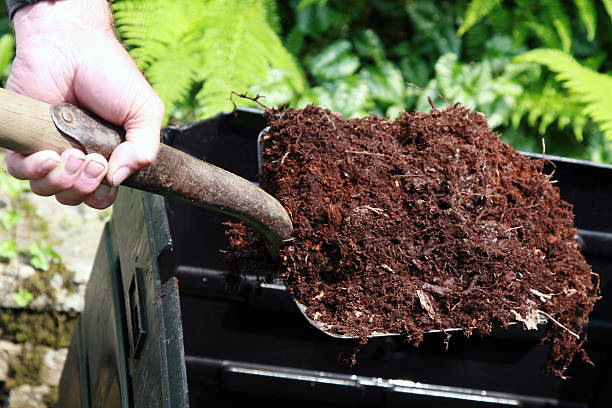
Understanding Organic Matter
Organic matter is from any natural material that was once part of a living organism, whether plant or animal and decomposes over time. With the help of Organic matter, you can make the right potting mix that can keep your plants healthier and livelier.
Organic matter not only enriches the soil and creates a structure, and aeration and holds water retention in the potting mix without making the potting mix heavier. This combination makes the potting mix healthier creates a opted environment for root growth and encourages plant growth.
Common Types of Organic Matter
Compost is a decomposed organic component made from kitchen waste, leaves and garden waste. Composting not only makes the soil more fertile and avoids landfills by repurposing household wastes as useful fertilizer. Compost is a result of decomposing organic matter with the help of microorganisms like bacteria and yeast. This kind of compost is not available in markets but you can make them with compost bin kit at home.
Peat Moss is a partially decomposed plant material harvested from peat bogs from wetlands. Peat moss has natural water retention properties and improves the potting mix’s texture.
Cocopeat is made from fibrous coconut husk. Cocopeat has better aeration-water retention-lightweight. Cocopeat is an affordable and easily available potting material in Indian markets. Compared to peat-moss cocopeat is affordable.
Worm-castings or Vermicompost are an organic matter from a worm’s digestion. They’re rich in nutrients and beneficial microbes. Compost and Vermicompost are from the same base materials like kitchen waste, garden waste and leaves. But the process is different Compost decomposed by bacteria and yeast, Vermicompost decomposed by worms.
Leaf Mold is a decomposed leaves which break down to sponge-like material. Gardeners who have huge plants and trees make leaf mold by storing leaves in a pit to decompose and use them.
WHY IS ORGANIC MATTER ESSENTIAL FOR HEALTHY POTTING MIX?
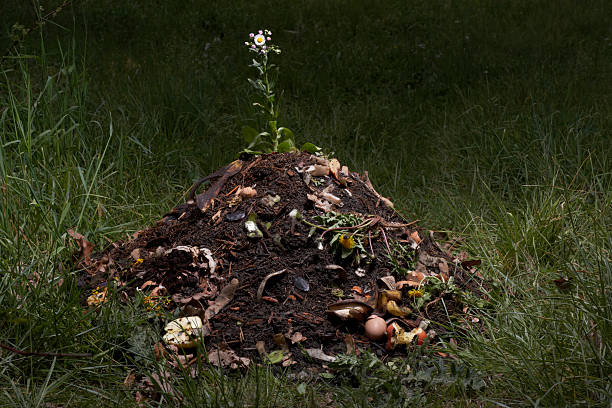
Organic matter in the potting mix gives soil enrichment that encourages plants’ roots, Organic components create microbial activity in the potting mix, giving nutrients like nitrogen, phosphorus and potassium. All these things help plant growth and soil fertility. Organic matter not only does this, but it also creates a structure under the potting mix that helps the roots to spread easily and hold moisture and aeration. Let’s see in detail.
Water Retention and Soil Drainage Balance
Compost, Manure, Peat moss and Cocopeat hold moisture and roots access them whenever they need water. These components hold needed moisture without getting hardened. Cocopeat and peat moss create air pockets in the potting mix that make the potting mix well-drained. The combination of cocopeat and compost balances the water retention and drainage in the potting mix.
Enhancing Nutrient Availability
Nitrogen-phosphorus-potassium are growing essentials for plants. Nitrogen helps to grow stems and leaves, Phosphorus develops flowers-fruits-roots, Potassium tolerates the stress of drought, improves disease resistance and helps to absorb nutrients. If you are familiar with gardening you might know about NPK fertilizer that have similar nutrients Nitrogen-phosphorus-potassium.
But what makes Organic matter a choice is that organic matter and Organic fertilizers are known for their character of slow-releasing nutrients. If you want some immediate results in annuals you can go for NPK fertiliser, but you can’t frequently use those that can affect the plant. Incorporating organic amendments with a potting mix releases these nutrients slowly and keeps the plant healthier for the long term without side effects.
COMMON TYPES OF ORGANIC MATTER FOR POTTING MIX
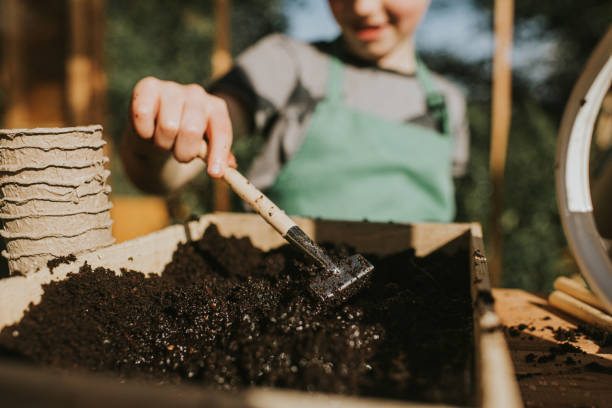
Compost in Potting Mix
Compost enhances microbial activity and nutrients like Nitrogen-phosphorus-potassium. You can make compost with the decomposing kitchen waste and garden waste with the help of bacteria and yeast. You can buy compost or you can make compost using compost bins.
Cocopeat or Peat Moss
These two are known as potting materials, but do you know these two are also organic matters? Cocopeat is made from coconut coir fibrous and then created as blocks for easy use. Cocopeat holds moisture and aeration at the same time, and these are lightweight potting mixes with neutral pH values.
Peat Moss is partially decomposed plant waste collected from bogland or wetlands, slightly acidic and better water retention makes peat moss ideal for propagation. Peat moss is a little pricier than cocopeat so you can use cocopeat for potting mix and peat moss for the propagation process.
Worm Castings
Worm castings also known as Vermicompost a one of the methods of making compost. Making vermicompost by feeding kitchen and garden waste to worms and getting their digestion as a vermicompost. Worm casting has Nitrogen-phosphorus-potassium and micro-nutrients that can easily absorbed by plants. Worm castings also enhance microbial activity that helps to stabilize the structure and pH in potting mix.
HOW TO ADD ORGANIC MATTER TO YOUR POTTING MIX
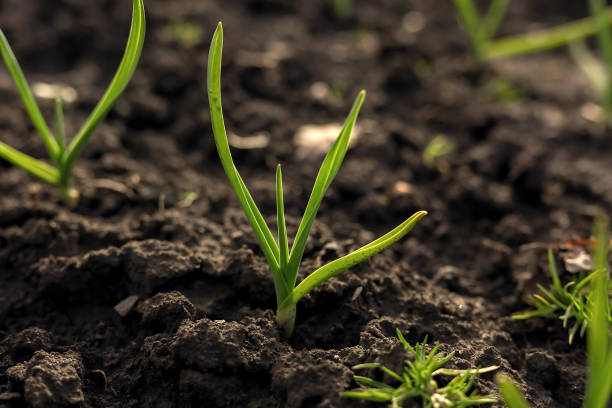
You can make compost and vermicompost with the help of a compost bin and vermicompost-making kits at home. This method not only cuts the cost of buying compost but also you can repurpose the kitchen waste and garden waste instead of landfilling them.
Step-by-Step Guide
Compost and Vermicompost making are similar to base materials like kitchen waste and garden waste.
- You can add fruit & vegetable scraps, coffee & tea grounds, eggshells, grass clippings, leaves & plant trimmings, shredded newspaper, cardboard (non-waxed and non-painted), wood chips, sawdust, bread and grains in Compost bins.
- Do not add meat, fish and bones, dairy products, oil & grease, fats, pet waste (cat and dog), diseased plants, weeds and seeds, charcoal or any kind of ash, treated wood, glossy papers and citrus peels in large amount because of too much acid levels in Compost bins.
- The composting process is simple by adding the listed items to the (DIY) compost bin with drainage holes with a bottom tray to collect compost tea or tap to collect.
- Compost bins with lids are preferable to avoid stink, compost bins attract pests and bugs so it’s preferable to keep the lids closed and keep them away from greenhouses and homes. Make holes in the top of the bins to give aeration.
- Adding a small amount of soil or potting mix enhances the compost and also gives a mix with a rake to help with fast composting.
- In the Worm casting method, you gonna add live earthworms to the layered compost bin to get worm castings.
- In the Compost method you gonna get compost by natural yeast and bacteria. You can add compost booster to fast decomposing.
Best ratio of Organic matter in Potting Mix
- To edible plants you can add ¼ ratio of organic matter to potting mix.
- To flowering plants, you can add a 1/6 ratio of organic matter to the potting mix.
- To house plants you can add a 1/8 ratio of organic matter because house plants prefer a well-aerated potting mix, not the excess moisture.
- For succulents and cacti, it’s better to add less amount of organic matter because they prefer a well-drained potting mix. 1/12 is enough for them if you feel the plant needs nutrients for the slow growth you can add a handful of organic matter to the top layer of soil.
- You can also add compost tea diluted with water to succulents, cactus and foliage plants. If the compost tea is 200ml dilute it with 1-litre water to neutralize and feed.
COMMON MISTAKES TO AVOID WHEN USING ORGANIC MATTER IN POTTING MIX
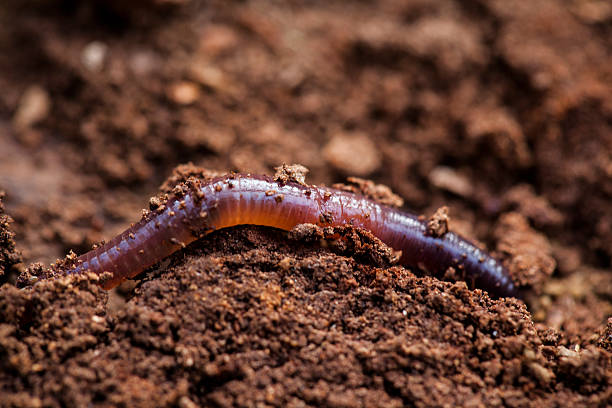
Too much Organic Matter
Even the Organic Matter is good for your plant’s health, adding more quantity organic amendments than the preferable quantity only leads to plant issues. Adding too much Organic matter leads to.,
- Soggy soil in pots
- Affects aeration
- Leads to poor drainage
- Mold growth on the potting mix
- Holding excess moisture
- Waterlogged soil leads to root rot
- Too much Nitrogen inhibits flowering and fruiting
- Too much Organic matter (manure) having high salt content that can affect plants
- Increased level of pH makes an imbalance in the potting mix
- Excessive organic matter leads to fungal growth
- Excess organic matter attracts plant-harming pests like fungus gnats, slugs and rodents.
Choosing the wrong type of Organic matter
Soil
Sometimes you’ve to add organic matter along with garden soil instead of potting mix or you’ve added organic matter for Garden plants. If that’s the case, choose organic amendments based on soil type. Sandy soil needs more water-retentive organic matter like well-rotted manure. Clay soil needs an organic matter that can loosen the soil and improve drainage like compost and leaf mould. Loamy soil, a balanced soil needs organic matter that maintains the fertility in soil like green manure and compost.
Plant’s need
Heavy feeders like edibles (tomatoes, corn and squash) need rich, nutrient-dense organic matter like composted manure or kitchen waste compost. Light feeders like perennials and houseplants need less nutrient-dense organic matter like leaf mould and well-aged compost. Acid-loving plants like acidic organic matter like pine needles and oak leaves, or you can make a set of compost with citrus peels.
The Right Type of Organic Matter
- Compost made from kitchen waste with bacteria and yeast is a balanced source of nutrients that improves soil structure and fertility.
- Manure is high in nitrogen and comes under heavy feeder organic matter. Should be well-aged or composed (excess manure feeding burns the plants).
- Leaf Molds are from decayed leaves for improving soil structure and better soil for heavy soil.
- Worm Casting a worm’s digestion of kitchen waste, rich in nitrogen., ideal for house plants, succulents & cacti and seedlings. Nitrogen boosts leaf and stem growth.
Application Tips
- I usually prefer to add organic matter with potting mix when you’re planting a sapling.
- But if you want to add it after planting add it as a mulch layer to retain moisture, and suppress weeds.
- To edible plants add while planting and feed organic matter during blooming season.
- If you want to add organic matter to the garden try to add it while planting in the hole before adding soil.
- You can feed organic matter in the top layer in gardens after planting.
CONCLUSION
Making a healthy potting mix sounds like a task, but these efforts reduce the after chores of frequent watering, frequent buying of fertilizers and changing the potting mix and lot. Having Organic Matter in a potting mix means you ensuring Plant Health and having a green thumb as a gardener.
Incorporating Organic Matter in the potting mix is not only beneficial for plants in the long term but you repurposing landfilling wastes, a sustainable choice, using organic matter instead of synthetic fertilizers is a great choice for your plants and nature. Slow-release organic matter benefits and supports plant growth slowly but steadily for a long time.
You can make the Organic matter from scratch with the above product suggestions and step-by-step guide. It’s like an experience and you’re utilising kitchen waste and garden waste as well at an affordable price. Let me know what’s your experience with Organic matter, tell me in the comments section about your love-hate relationship with organic matter.

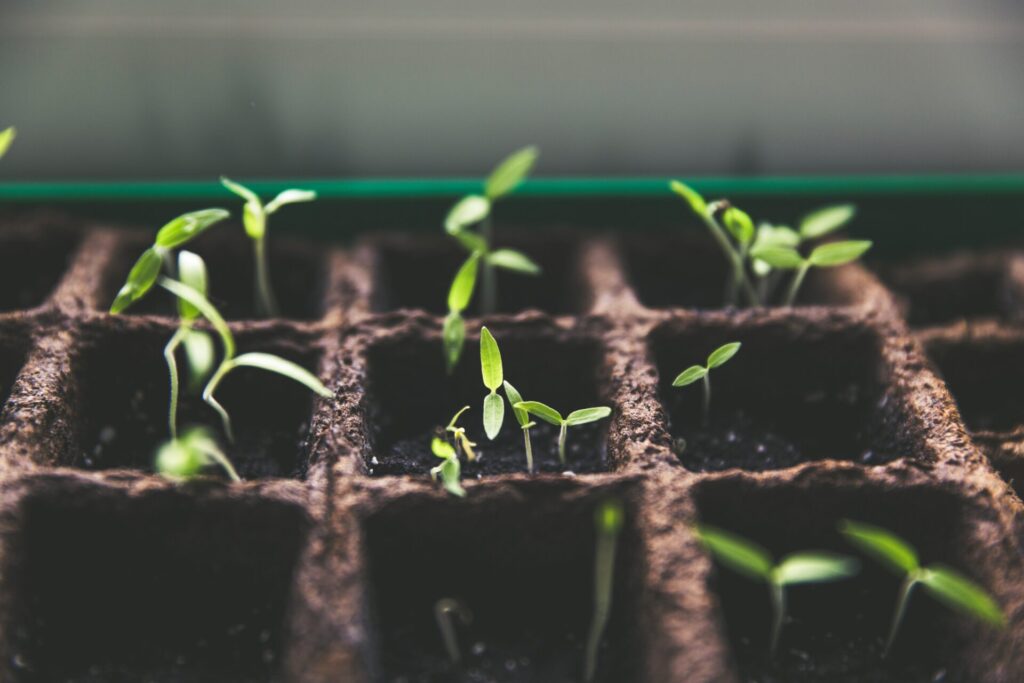
Pingback: HOW TO IMPROVE SOIL AERATION IN POTTING MIX FOR CONTAINERS
Pingback: 6 TIPS FOR PERFECT SOIL DRAINAGE IN POTTED PLANTS
Pingback: OVERWATERING AND UNDERWATERING: 6 QUICK TIPS FOR GARDENERS
Pingback: FERTILISERS FOR POTTED PLANTS: ESSENTIAL GUIDE FOR BEGINNERS
Pingback: BEGINNER'S GUIDE TO CONTAINER GARDENING SOIL
Pingback: 6 PROVEN BENEFITS OF ORGANIC FERTILIZERS IN CONTAINERS – My Pots Garden
Pingback: 6 PROVEN BENEFITS OF ORGANIC FERTILIZERS IN CONTAINERS
Pingback: BEST POTTING MIX FOR CONTAINER GARDENING: FULL GUIDE